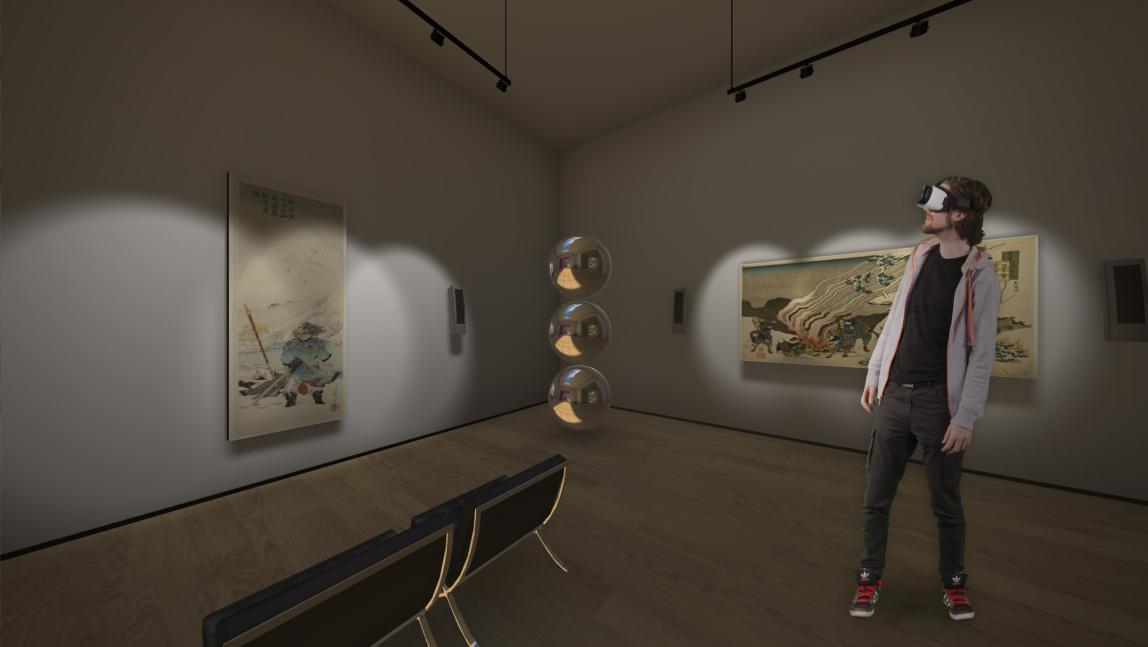
Designing the media of tomorrow
11/11/2025 - 15:31
Can you name a medium that has completely disappeared in the last 300 years?
This is the question we often begin with in our presentations. It is harder to answer than you might expect, because while new media emerge constantly, old media rarely vanish entirely. Instead, they evolve. This perspective is central to our work in the professorship of Digital Media Concepts (DMC).
This is the question we often begin with in our presentations. It is harder to answer than you might expect, because while new media emerge constantly, old media rarely vanish entirely. Instead, they evolve. This perspective is central to our work in the professorship of Digital Media Concepts (DMC).